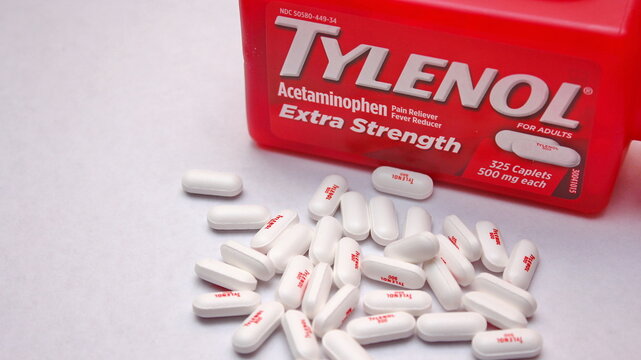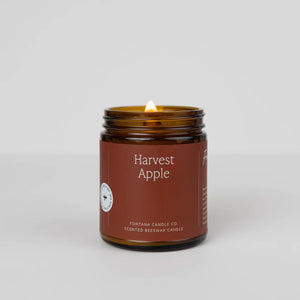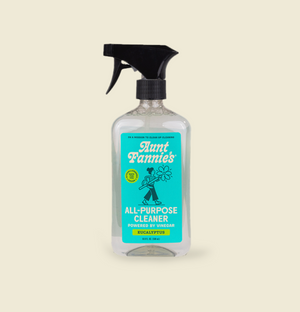The Tylenol Scandal: Why This Shouldn’t Be “Drama” or Politicized
If you’ve been anywhere on social media lately, you’ve probably seen the uproar around Tylenol, pregnancy, and autism/ADHD risk. Suddenly, this is being treated like a political debate. Let me be clear: this isn’t politics. This isn’t “new information.” And the longer we frame it that way, the more the message gets lost—right when parents and expecting moms need clarity most.
I’ve been saying this since 2014: Tylenol is not safe in pregnancy or for kids. And that’s not based on fearmongering or conspiracy theories. It’s based on science, common sense, and over two decades of research raising red flags. I stopped using it myself back then and refused to touch it during pregnancy—even after a 14-day COVID battle and hospitalization.
Why Tylenol Isn’t as “Safe” as We Were Told
Here’s the core issue: Tylenol (acetaminophen) depletes glutathione (GSH). Glutathione is a master antioxidant, one of the body’s primary defense systems against oxidative stress. It’s especially critical for developing brains.
Now consider this: research shows many children with autism spectrum disorder (ASD) already have lower baseline levels of glutathione. If Tylenol further depletes those levels, it could contribute to downstream neurodevelopmental challenges. That’s not a political statement—it’s biochemistry.
And this isn’t brand-new information. Concerns around acetaminophen’s safety in relation to neurodevelopment go back to the early 2000s. The fact that it’s still being brushed off—or worse, politicized—is heartbreaking. Because it means people’s hate for “the other side” is blinding them from seeing what’s right in front of them: a very real potential risk to themselves and their children.
Here are a few resources you can read for yourself:
- Evaluation of the evidence on acetaminophen use and neurodevelopmental disorders (BMC Environmental Health, 2025)
- Reuters: Too much Tylenol in pregnancy could affect development (2013)
- Harvard: Using acetaminophen during pregnancy may increase children’s autism and ADHD risk (2021)
Read them. Form your own opinion. But please—stop dismissing this as a political problem. Yes, you may not like Trump or RFK Jr., and no, they aren’t MDs. But that doesn’t invalidate the evidence we have on Tylenol. And yes, of course Tylenol and ACOG are going to say it’s safe—it’s what they’ve been recommending for decades—even though ACOG itself supported caution back in 2013.
Safer Alternatives to Tylenol
The good news? There are natural, effective ways to support fever, pain, inflammation, and headaches without reaching for Tylenol. Here are some of my go-to options:
For Fever (kids + adults)
- Belladonna (homeopathy) – eases fever and inflammation naturally.
- Earthley’s Feel Better Fast – gentle herbal tincture to support the immune system.
- Oregano oil socks – apply diluted oregano oil to the bottoms of the feet, then cover with warm damp socks. My #1 favorite gentle fever reducer!
- Hydration + rest – don’t underestimate the basics.
For Pain, Inflammation, and Headaches
- Good Night Lotion (Earthley) – magnesium lotion that eases pain and supports restful sleep.
- Forces of Nature Organic Headache Relief – topical relief for tension or sinus pressure.
- Earthley Pain Potion – safe herbal formula for pain relief.
- Electrolytes – balance minerals to reduce headaches and muscle pain.
- Warm Epsom salt baths (especially for kids) – relaxes muscles, provides magnesium, supports detox, and can help gently lower fevers (note: not ice baths—those can drop temps too quickly).
- Turmeric – natural anti-inflammatory, can be used in golden milk, teas, or as a supplement.
- Red light therapy – supports circulation, reduces inflammation, and promotes healing without the risks of pharmaceuticals.
Final Thoughts
I’m not here to scare anyone. I’m here to inform you. This isn’t political, and it isn’t new. The research has been raising concerns for decades. I’ve been advising families to avoid Tylenol—or at the very least minimize its use—for over ten years because the potential risks simply outweigh the benefits, especially when safe, effective alternatives exist.
What’s sad is that the conversation has become so polarized that parents are left confused, shamed, or misled. We can do better. We must do better. Because the health of our children is too important.
Ignore the political noise and look at the facts. Stay curious. Stay open-minded. And remember—you always have options.
Medical Disclaimer
I am not a doctor. This information is for educational purposes only and is not intended as medical advice. Always consult with your healthcare provider or practitioner before starting, stopping, or changing any medication or treatment plan for yourself or your child.









Madison —
What’s the difference between the oregano oil and essential oil Oregano? Would either work?